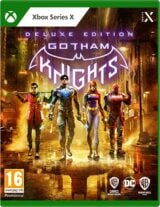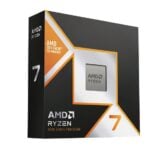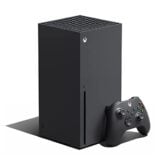Microsoft and @EE are expanding our partnership with a 10-year commitment in cloud gaming to bring PC games built by Activision Blizzard, following the acquisition, and Xbox to @EE customers. We are committed to bring more games to more people, however they choose to play.
— Phil Spencer (@XboxP3) April 11, 2023
Microsoft announces another 10-year partnership, this time with EE
It’s the latest in a series of commitments made as part of its attempted Activision Blizzard acquisition

Microsoft has announced another 10-year deal to bring Xbox and Activision Blizzard content to a new platform, this time with UK mobile network operator and internet service provider EE.
On Tuesday, Microsoft Gaming CEO Phil Spencer announced that the company will bring Xbox and (following the acquisition) Activision Blizzard PC games to EE customers, though exactly how this will be presented to customers is unclear.
Xbox has been partnered with EE for some time, as the mobile provider and ISP have pushed further into the gaming space. Players can already add Xbox Game Pass to their mobile tariffs for a reduced cost via EE Smart Benefits.
This offers access to Xbox Game Pass on Xbox, Cloud, and PC already, so it’s not entirely clear what this new deal will entail, as EE doesn’t offer its own games streaming platform.
The EE deal follows similar deals with cloud gaming service Boosteroid and Ubitus, the firm behind Nintendo Switch’s cloud offerings.
This is the latest in a series of deals signed by the publishing giant as it attempts to waylay fears over the proposed $69 billion merger, which is currently working its way through government bodies around the world.
Microsoft has been trying to reassure regulators – such as the UK’s Competition and Markets Authority (CMA) and the US’s Federal Trade Commission – that it won’t make Activision Blizzard games (most notably Call of Duty) exclusive to its own cloud gaming service, should the deal be approved.
The CMA’s final report ruling on the Activision Blizzard deal is due later this month, by April 26.
While the body provisionally found in February that the deal could reduce competition and “result in higher prices, fewer choices, or less innovation for UK gamers,” it seemingly reversed its decision a month later.
Last week Sony responded to the reversal, calling it “surprising, unprecedented, and irrational.“















